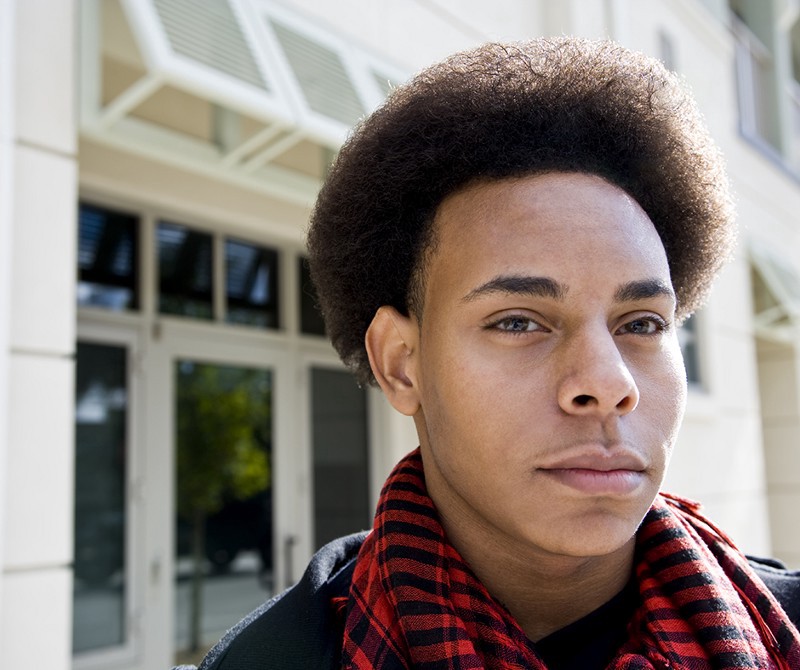Although race and poverty have been entwined throughout America’s history, the link between them has often been ignored.
June 16, 2017

On June 19 we commemorate Juneteenth, the date slavery was officially ended in the United States. Juneteenth is an opportunity to celebrate African American freedom and achievement, while reflecting on our ongoing struggle to secure racial justice. In particular, what is the relationship between race and poverty, and how can we move toward equity of opportunity for all? The racialized rhetoric and policies coming from federal lawmakers, including President Trump, have only raised the stakes of these pivotal questions.
Although race and poverty have been entwined throughout America’s history, the link between them has often been ignored.
For example, in 1964 President Lyndon B. Johnson declared a War on Poverty designed “not only to relieve the symptom of poverty, but to cure it and, above all, to prevent it.” At the same time, a more race-explicit campaign — the Civil Rights Movement — sought to end segregation and discrimination against African Americans and to secure legal recognition and federal protection of citizenship rights, including the right to vote. Sargent Shriver, the main architect of the War on Poverty, recognized and talked explicitly about the connection between race and poverty. Yet legal services programs, a central component of that effort, have historically operated using primarily an anti-poverty lens in their work.
Today, roughly 14% of people in the United States live in poverty. That’s 43.1 million people. And although this number is shockingly high, it’s even worse when you look at how poverty is experienced by people of color.Twice as many people of color live in poverty as whites.
Racial bias takes many forms and infects all systems in our society. People of color disproportionately experience discrimination in the workplace, environmental contamination, housing discrimination, and overpolicing. Beyond overt racism, systemic biases — preferences built into structures and institutions — result in housing segregation, mass incarceration, and a huge racial wealth gap.
Racism has always been a problem in America. But recent threats from lawmakers in Washington, D.C., including attacks on safety net programs and federal agencies, as well as racially charged rhetoric, promise to further aggravate racial inequities and undermine the quality of life of millions of people of color.
To get at the root of poverty in the United States, we must address the root causes of racial disparities experienced by people of color.
A race-conscious approach is especially important for anti-poverty advocates. To generate advocacy strategies that produce transformative change, we must address not only the consequences of racism, but also the institutions and structures that create systems designed to adversely impact certain groups while advantaging others.
That’s why the Shriver Center’s Racial Justice Institute (RJI) trains advocates to practice their work with an explicit race-conscious affirmative community lawyering approach. RJI is a groundbreaking national leadership program grounded in a commitment to race-equity as an integral and essential part of anti-poverty advocacy. RJI Fellows have already had an impact in many states, working to interrupt the school-to-prison pipeline in Mississippi and Missouri, protecting immigrants’ rights, and challenging discrimination against recipients of housing assistance.
Juneteenth promised freedom and opportunity to people brought to this country as slaves.
We can no longer afford to advocate for issues that impact our nation without an examination of whether race is factor. We can no longer treat the symptoms without curing the ill. Race is now front and center. And to truly ensure that every member of our community has the opportunity to reach his or her full potential, we must take a race-conscious approach to understanding social problems and work to ensure equity for all.